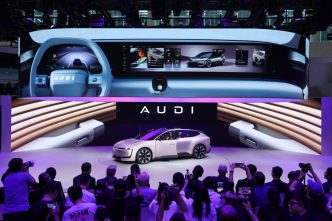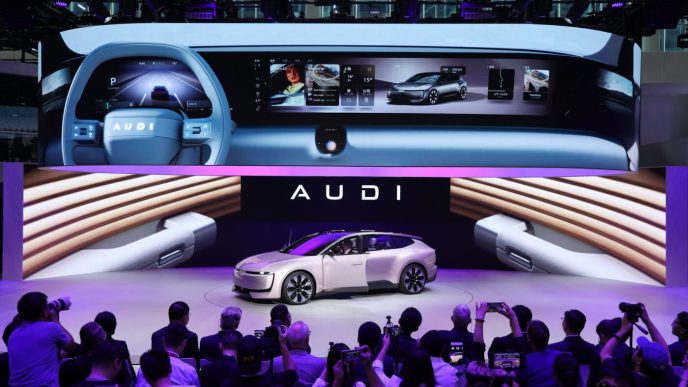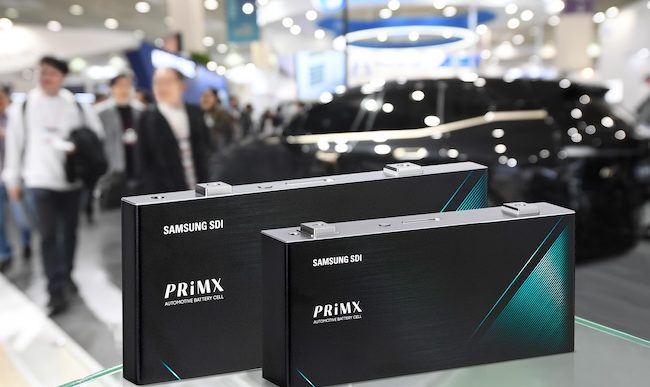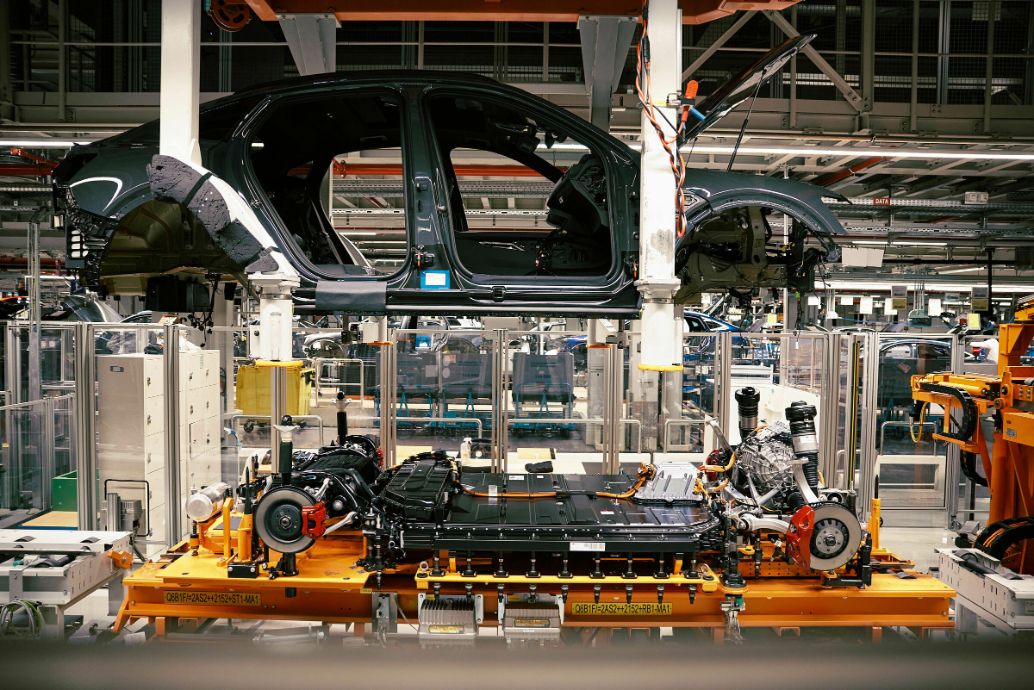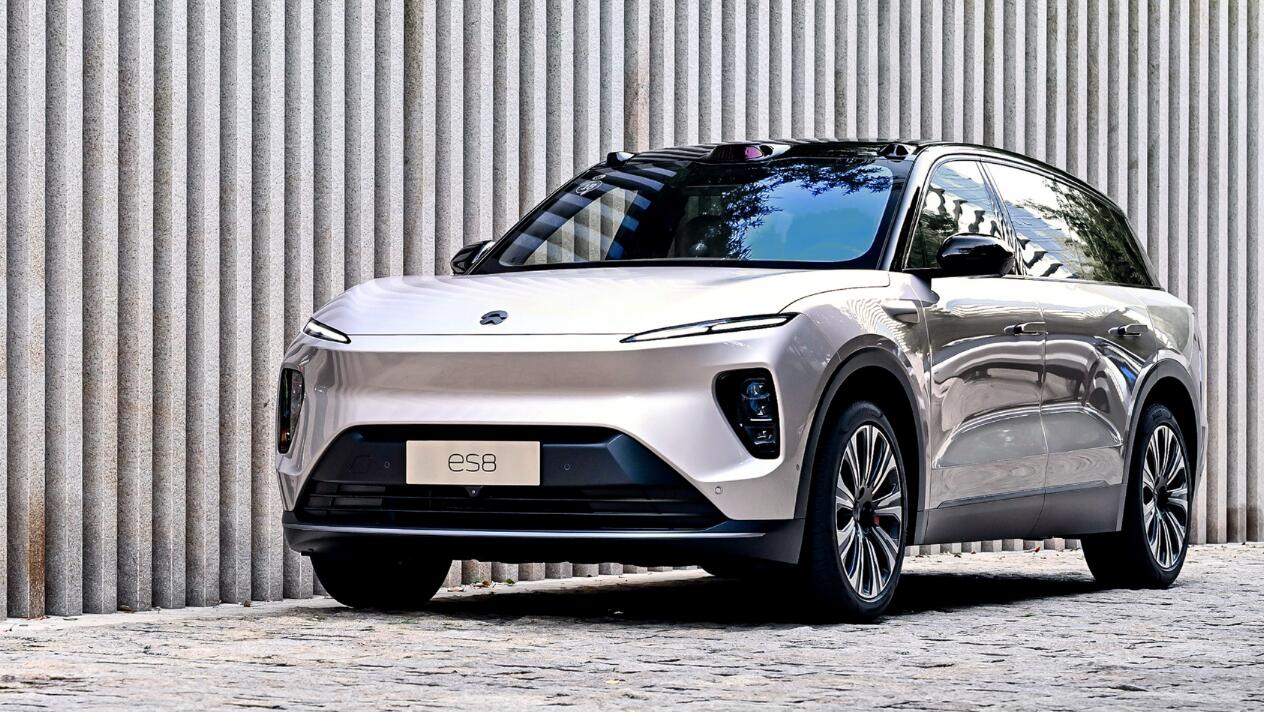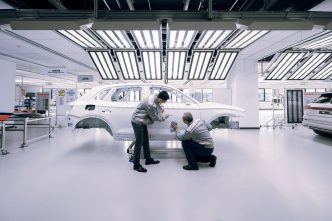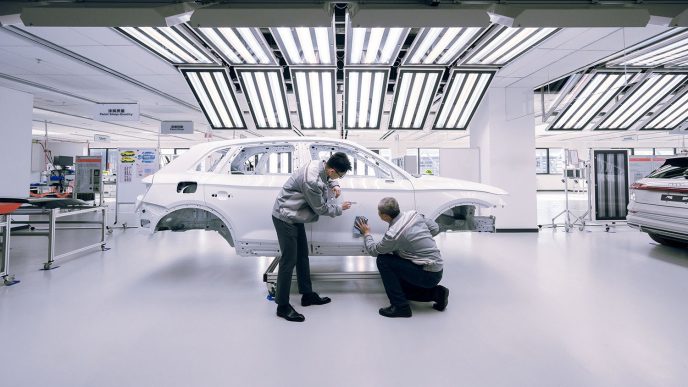Audi has confirmed that its Brussels plant will cease production at the end of February 2025, following the failure to secure a viable investor for the site.
Despite previous efforts to find a potential buyer, the last remaining investor pulled out, leading Audi to announce the closure with no plans for reopening under a different brand.
The decision comes as a disappointment to the 3,000 employees at the plant, who had hoped for a last-minute resolution. While no premature redundancies will occur before the closure, the future of the workers remains uncertain.
The closure of the Brussels plant had been anticipated for some time, as Audi had previously indicated its intention to shift production of the Q8 e-tron and Sportback variants to Mexico. Despite discussions involving 26 potential investors, none were able to present a sustainable plan for the plant’s future.
An internal search within the Volkswagen Group for alternative production or uses for the site also proved unsuccessful. Audi had made efforts to find a suitable buyer, but the factory’s location and logistics challenges, such as its proximity to the railway line and lack of expansion space, were significant barriers.
The Brussels plant is the first Volkswagen Group facility in Europe to close, marking a shift in the company’s strategy as it consolidates its operations. According to Ronny Liedts, a negotiator with the ACV-CSC union at the plant, the closure will likely result in the loss of approximately 3,000 jobs.
Audi had previously criticized the plant’s location, citing limitations in expanding operations and internal logistics. Additionally, demand for the Q8 e-tron model has been weaker than expected, with production at the plant significantly below capacity. In 2022, the plant produced 47,900 units, but production dropped to 37,400 units in 2023, with just 23,900 vehicles delivered in 2024.
The closure of the Brussels facility highlights the growing challenges within the automotive industry, as manufacturers like Audi adapt to changing market demands and seek efficiencies in production.


